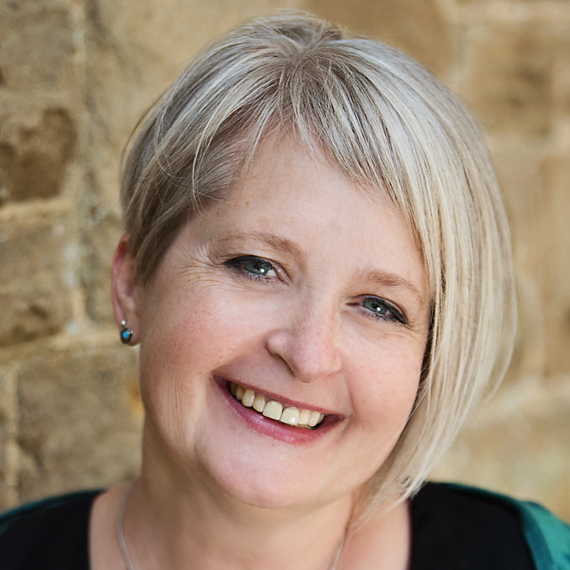I’m not a fan of categorising people into ‘boxes’. I often find when I’m starting to work with a new corporate client, when I ask them to tell me a bit about themselves that they will say for example “Oh, I’m an ESTJ” referring to their Myers Briggs Type Indicator (MBTI) personality inventory, or “I’m very red”, referring to their Insights Discovery colour energy preferences, or some other personality profiling tool.
But actually, although these labels may be useful broad brush categorisations of someone’s preferences, the person in front of me is still a completely unique individual, different to anyone else on the planet living, dead or still to be born.
However, there can be huge comfort for us in being able to be described as a ‘type’.
That sense of relief that “it’s not just me, so there’s nothing wrong with me”. A reassurance that it’s ok to be just who you are, and you won’t be the ‘odd one out’!
And there’s a fascination linked with a deep desire to be really seen – for someone or something else to see into the depths of my soul and reveal to me the wonders that lie within.
In my career, I’ve done many profile tests to give insight into my behavioural preferences, some of which I felt to be spookily accurate, but much more significantly, I’ve now lived with myself for 48 years and know how I’ve showed up in response to life’s joys, trials and tribulations – great or small.
I’ve read hundreds of books and been on countless leadership courses, telling me how I ‘should’ be in order to be an effective leader and ‘good’ person. And at times I’ve got myself in a real pickle trying to get it right.
The messages on leadership all seemed to imply extroverted traits are good and introverted traits are bad.
So there were times when I felt depressed, inadequate and a failure because I neither enjoy nor am good at networking (in the classic business sense of the word), feel uncomfortable being put on the spot without having time to think, find large groups of people exhausting, would rather eat alone than make small talk over a working lunch, find it hard sometimes to make myself heard (until I overcompensate and come across as aggressive), or only find the opportunity to contribute to a discussion after the moment has passed in a meeting full of big personalities.
I’ve felt dispirited because I see all the shades of grey and can’t appear supremely decisive, presenting the clear certainty of either ‘black’ or ‘white’ (particularly when it comes to assessing the ‘merits’ of people in performance management).
Although, with a deep breath, a can throw myself into ‘team-building’ competitive activities or large group activities, it takes huge effort and I need to retreat afterwards.
I often feel overwhelmed by social media and the pressure to be ‘always on’.
I know now, that part of what contributed to my near burn-out in my earlier career was the cumulative effect of years of trying to be something I wasn’t, and beating myself at not being very good at being someone else!
These days I can very happily embrace the label of being a “social introvert”, as I can be the life and soul of a party when I feel like it. I appear confident, I will happily speak in front of big audiences; many people would say I’m outgoing or even extrovert.
But I know I’m not – I know I recharge my batteries from quiet and from within, not from the stimulus of the external world.
Over the last few years, there’s been a shift in the leadership literature in acknowledging the power and potential for more introverted leadership styles too, which I’m very interested in both for myself and the hundreds of closet introverted leaders I’ve coached.
I welcome this shift, but feel there’s danger here too. I wouldn’t want the pendulum to swing the other way, so now introversion is seen as the ‘better way’. I welcome the shift in attention because it helps people to accept themselves for who they truly are, and understand that they don’t have to fit another mould to be successful, but not if it leads to intolerance or sweeping generalisations about good or bad behaviour.
I want to help people who are more introverted to know how to leverage their strengths, because too many of us have felt we are somehow inferior for having introverted traits.
And I want to help all my clients, whether introverted or extroverted (or ‘ambiverted’) to see, embrace and respect the diversity of styles and preferences of the people around them – to be open and curious about them rather than judging them as good or bad, right or wrong.
Because the truth is, no-one is perfect; no-one is all good; no-one is all bad. Our beauty is in the difference- let’s open our eyes to see it.



